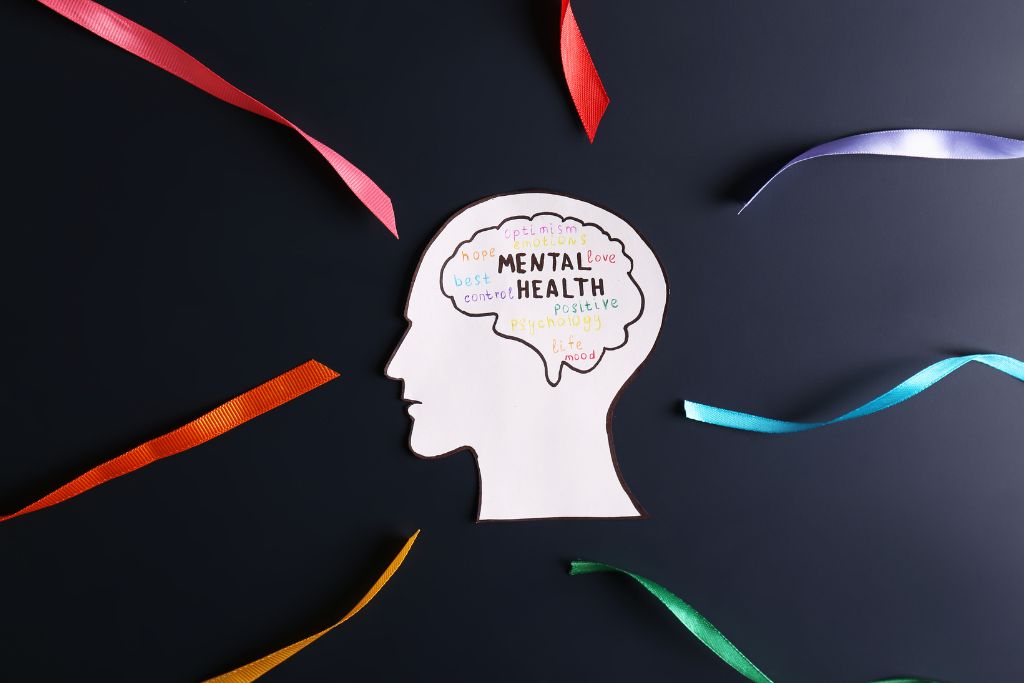Regardless of age or fitness level (yup, this includes everyone from mall walkers to marathoners), making time for exercise provides some serious mental benefits. There are many benefits to incorporating exercise into your daily routine, but one of the most surprising is that it can help improve mood and cognitive function. According to a study by the University of Utah, people who exercised regularly had lower levels of stress and better overall mental health outcomes than those who didn’t. In addition, researchers found that participants who exercised regularly were more likely to have better sleep quality, lead healthier lives, and perform better on tests of memory and attention. It can help you stay on top of your daily chores, remember people’s names and even help you get a good night’s sleep. It may also make you less likely to succumb to addictions like nicotine, alcohol or chocolate.
Improved Sleep
The fast-paced nature of modern life can make it challenging to get a good night’s rest. This can raise the risk of a variety of health issues, including heart disease and stroke, obesity, and dementia.
Thankfully, researchers have discovered that exercise can improve sleep quality in several ways.

When people exercise, their brain releases chemicals that help them fall asleep faster and stay asleep longer, promoting better sleep quality. They also release hormones that help reduce stress, improve mood and increase feelings of well-being.
Reduced Stress
Stress is a normal part of life, but prolonged stress can take a toll on your body and brain, adversely affecting sleep, mood, and relationships.
Exercise can be an effective tool for reducing stress. It can help you train your body to respond safely to new stressors and improve aspects of your mental health, such as improved memory.

Regardless of your age or fitness level, you can make a healthy lifestyle change by including regular exercise in your routine. Whether you go running or hike the trails, any form of physical activity can reduce stress and boost your feel-good neurotransmitters.
Better Memory
Exercise is a great way to stay healthy, lose weight, and keep your heart pumping. But what you might not realize is that it can also help improve your memory.
One study found that participants who performed a memory game involving light to moderate activity had a better “episodic” memory (the ability to remember details about everyday events). Another showed that people who regularly engaged in high-intensity exercises, such as running or weight lifting, had more success performing a spatial memory task (the ability to remember the physical relationships between locations in space).

But if you’re looking to get started, be sure to talk to your doctor before you start any new health regimen. They can help you find the right exercise for your needs and get you on track to a healthier, more active lifestyle.
Increased Self-Esteem
Increasing your self-esteem is one of the most surprising benefits of regular exercise. Whether you run, cycle, lift weights or take a brisk walk — all forms of exercise boost the body’s feel-good endorphins and reduce levels of stress hormones like cortisol.
If you are struggling with low self-esteem, a healthy exercise routine can help improve your confidence and make you more likely to achieve your goals. In addition, exercise can help you to develop a strong sense of purpose and give you the mental strength to take on life’s challenges with more determination.

A good workout should consist of aerobic and strength training, as well as flexibility-building exercises. What is good for you will vary depending on your personal fitness level and your specific needs, so it’s best to start slowly and work your way up.
Better Mental Health
While exercise is a known treatment for many physical health conditions, scientists are still learning how it can improve mental health as well. They are discovering that regular activity changes the structure of the brain, especially in regions prone to depression and schizophrenia.
It can also provide social stimulation and focus, which can help people with mental illness stay occupied. Plus, it can be a good distraction from ruminating thoughts that can trigger anxiety or depression.

While there are some challenges associated with incorporating exercise into a mental health care plan, it is worth taking the first step, says Joseph Firth, a research psychologist at the University of Manchester in the UK. He says it’s important to find a routine that fits your needs and lifestyle, make it fun, and build support from family or friends.
If you’re looking to reap the unexpected benefits of exercise, you should check out our article “5 Unexpected Exercise Benefits”. In this article, you’ll learn about the many ways in which exercise can improve your mental health, boost your immune system, and even help you sleep better. And if you’re interested in taking your fitness journey to the next level, be sure to read our comprehensive guide on “How to Rank on Google’s First Page“. By optimizing your website and content for search engines, you can increase your online visibility and reach more people who can benefit from your fitness advice. So start incorporating these exercise benefits into your routine and improve your overall well-being today!






